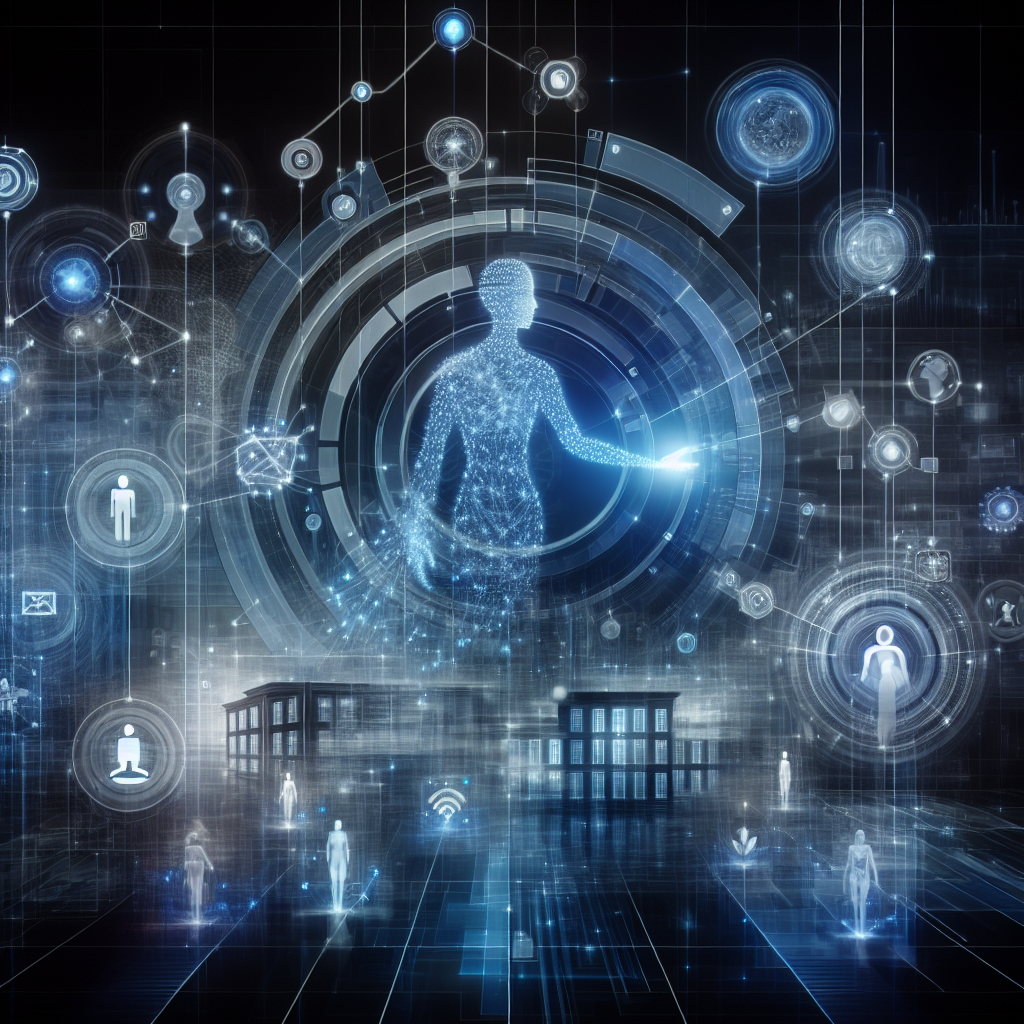OpenAI Launches ChatGPT Apps: A Game-Changer for Developers and Government Contracting
OpenAI has recently introduced a major enhancement to its ChatGPT platform: the integration of third-party apps directly into user conversations. This innovation allows developers to create applications that function seamlessly within ChatGPT, giving users richer, more interactive experiences. For government contractors, project managers, and IT resource providers—particularly those working within regulated environments such as federal agencies or the State of Maryland—this change opens the door to new operational efficiencies, compliance solutions, and client interaction methods.
What Are ChatGPT Apps?
Integration Within Conversations
ChatGPT Apps are now available alongside tools such as code interpreters, browsing capabilities, and the DALL·E image generator. Unlike standalone services, these apps allow users to interact with external applications through the ChatGPT interface, effectively embedding app functionality into AI-powered dialogues. This means stakeholders can pull external data, fill out forms, perform calculations, or trigger automated actions—without ever leaving the chat.
Powered by GPTs and OpenAI’s API Infrastructure
These apps are built on top of Custom GPTs—tailored versions of ChatGPT configured by developers to follow specific instructions or connect to third-party services through APIs. By using OpenAI’s GPT API and tools like OAuth, developers can authenticate users and embed secure external services directly in the chatbot interface.
Impacts for Federal and Maryland State Contractors
Streamlining Internal Processes
Agencies and contractors managing complex procurement or program management operations can benefit tremendously. For example:
– A project tracking app can log data inputs into Microsoft Project or Jira directly from a ChatGPT conversation.
– Precision document generators can create FAR-compliant scopes of work, invoicing documents, or contract amendments dynamically based on real-time chat inputs.
– Procurement officers can extract and format source selection evaluation criteria or analyze historical bid data without opening a separate tool.
Enhanced Compliance and Audit Readiness
ChatGPT Apps can include audit and logging capabilities, automatically recording interactions for review. When managing federal contracts, where accountability and documentation are paramount, being able to record decisions and data entries contextually—in real time—can support audit-readiness and improve transparency.
Citizen Services and Public Portals
From a state government perspective, such as within Maryland’s Department of Information Technology (DoIT), citizen-facing GPT apps could support digital service delivery without requiring downloads or multi-step login systems. These might include apps that guide residents through permits or licensing, calculate eligibility for state assistance programs, or help fill out required documentation for business registrations.
Implications for Developers and IT Vendors
New APIs, New Opportunities
OpenAI’s rollout includes a development platform that supports app submissions and public directory listings, similar to an app store. Contractors that specialize in software or data services can now offer packaged tools to agencies through this ecosystem. It’s a new potential revenue stream and another means to comply with modernization initiatives like TMF (Technology Modernization Fund) and FITARA (Federal Information Technology Acquisition Reform Act).
Security and Compliance Considerations
Security will remain a top priority in the federal contracting community. Developers looking to build for government audiences (especially within FedRAMP or StateRAMP environments) must prioritize:
– OAuth 2.0 and SSO integrations for identity management.
– End-to-end encryption and secure data relay mechanisms.
– Policies for data residency and retention conforming to NIST standards.
It is not yet clear whether OpenAI’s ChatGPT Apps will support FedRAMP-moderate or high-impact systems, but contractors will want to closely monitor developments on that front.
Key Takeaways for Government Project Managers
Immediate Uses and Long-Term Strategy
With ChatGPT Apps, project managers can bring more automation and interactivity into their stakeholder and team communications. Whether delivering internal dashboards, templates, or intelligent decision support capabilities, the use cases align well with Agile and hybrid project management methodologies.
Next Steps
To explore the potential of ChatGPT Apps:
1. Review existing government security requirements for AI integrations.
2. Identify manual processes in your workflows that could benefit from real-time, AI-enhanced interaction.
3. Form partnerships with AI developers who understand government compliance standards.
4. Begin pilot testing on internal, non-sensitive use cases while monitoring performance and user adoption.
Conclusion
The launch of ChatGPT Apps presents a transformative step forward in how organizations—including those involved in federal and Maryland state contracting—can leverage conversational AI. Whether used to streamline internal workflows, deliver public services, or build better project oversight tools, ChatGPT Apps offer innovation with practical potential. Developers and project managers alike should explore this evolving ecosystem to stay competitive and compliant in the fast-moving world of government technology. Stay#ChatGPTApps #GovTechInnovation #AIinGovernment #OpenAIDevelopers #ComplianceTech

